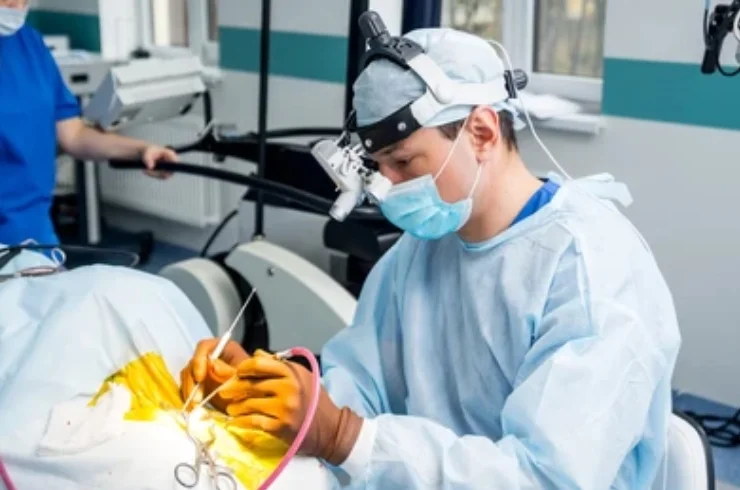
Brain surgery is a highly specialized medical procedure performed to treat conditions that affect the brain’s structure and function. These conditions may include brain tumors, aneurysms, blood clots, traumatic injuries, epilepsy, infections, and structural abnormalities. The decision to perform brain surgery is based on thorough diagnostic evaluation and a clear understanding of the patient’s neurological symptoms. The aim of brain surgery is to remove or repair the problematic area while preserving surrounding healthy brain tissue. Given the complexity and sensitivity of the brain, these procedures require meticulous planning and precision to ensure optimal outcomes and reduce the risk of complications.
There are various types of brain surgery, and the approach depends on the condition being treated. Traditional open craniotomy involves temporarily removing a portion of the skull to access the brain, while minimally invasive techniques may use small incisions and specialized instruments such as endoscopes. Advanced technologies such as intraoperative imaging, neuronavigation, and stereotactic systems enhance the accuracy of the surgery. Procedures may include tumor resection, hematoma evacuation, clipping or coiling of aneurysms, and decompressive surgeries to relieve intracranial pressure. Brain surgeries are often performed under general anesthesia, though in some cases, awake craniotomy is used to monitor critical brain functions in real-time.
Recovery from brain surgery varies depending on the type of procedure and the patient’s overall condition. After surgery, patients are closely monitored in a neurosurgical intensive care unit to ensure stable neurological status and detect any early complications. Rehabilitation may involve physical therapy, occupational therapy, or speech therapy to address functional impairments and support recovery. Follow-up imaging and consultations are essential to track healing and manage any long-term concerns. With advancements in surgical techniques, monitoring systems, and post-operative care, brain surgery has become safer and more effective, offering patients relief from debilitating symptoms and significantly improving their quality of life.